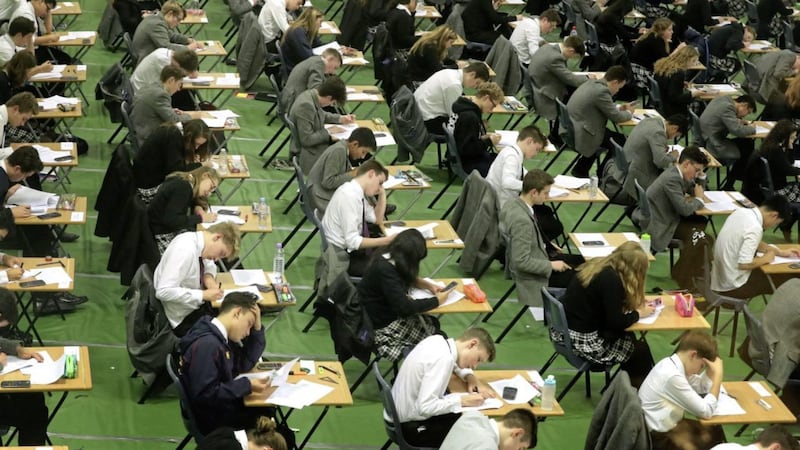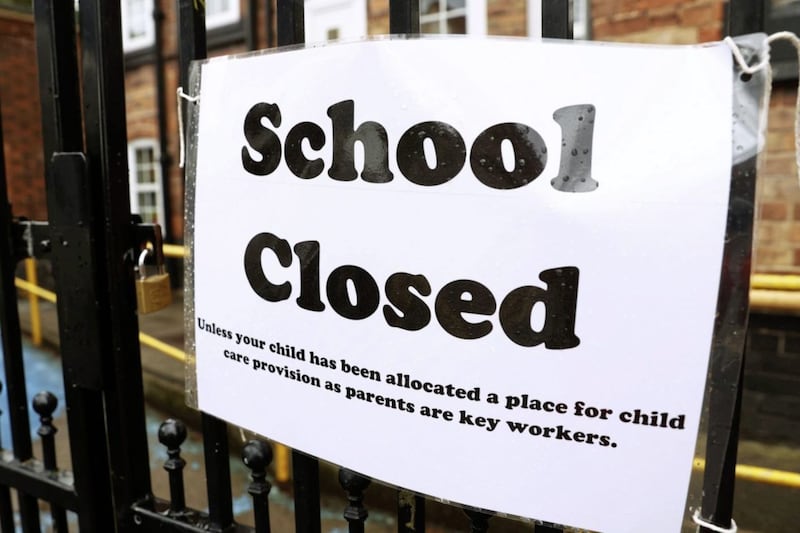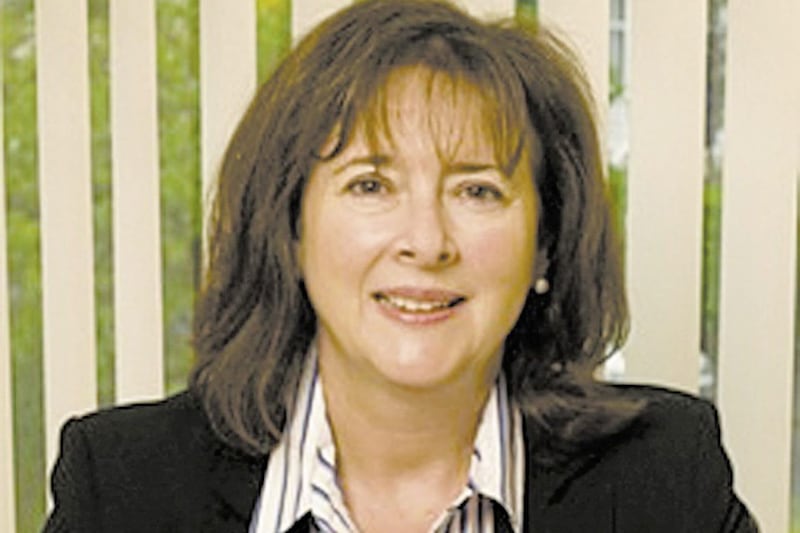A DESIRE to attain favourable league table positions is causing schools to deny some pupils the chance to sit exams, inspectors have found.
Hundreds of young people are excluded from GCSEs every year, meaning they are invisible from government statistics designed to gauge performance.
A probe has now found this improves schools' "headline outcomes".
In addition, inspectors said some schools entered pupils as `external candidates' to avoid poor results affecting rankings.
About 1,600 in Year 12 last year, the majority of them in non-grammar schools, did not take a single GCSE.
In her last annual report, chief inspector Noelle Buick said the criteria for the permitted exclusion of pupils from examinations data "needs to be the subject of further investigation and research".
School leadership, she said, "needs to act with integrity in order to be transparent with all stakeholders with regard to how many pupils are declared ineligible from inclusion in their statistics when they are being quoted for accountability, publicity or any other purposes".
Only pupils who sit exams are included in Summary of Annual Examination Results (SAER) returns and, therefore, official GCSE pass rates. Ineligible pupils are not included in these statistics, which are used to compile performance tables.
However, it has long been claimed that schools remove poorer-performing pupils from exams to prevent pass rates from being affected adversely.
Counting every young person, whether they sat GCSEs or not, would see pass rates fall.
Pupils can be ineligible for reasons including serious illness, including mental health issues, and pregnancy. They can also be excluded if they transfer schools, have a statement of special educational needs or "serious welfare issues".
In addition, those entered as `external candidates' do not count towards a school's overall pass rate - even if that candidate is a pupil at the school.
The ETI evaluated examination entries at 34 post-primary schools, including grammar and non-grammar.
A small number of the schools visited had a notably high number of pupils ineligible for inclusion in the SAER return. Too many pupils who were included in the SAER
under the criteria of either serious illness, welfare issues or parental consent, then sat exams, inspectors found.
"Also, there were pupils who were ineligible for inclusion in the SAER but were entered as external candidates and then sat their examinations," ETI said.
"In each case, the evidence is clear that the inclusion of these pupils in the school's examination results would have impacted adversely on the school's headline performance data and its position in media-published league tables."
It added that in most of the schools visited, the practice of entering external candidates was appropriate and consisted largely of the facilitation of former pupils who wished to sit one examination or module in the school.
ETI recommended the Department of Education provide further guidance for schools on the appropriate procedures for the facilitation of external candidates sitting examinations in schools.








